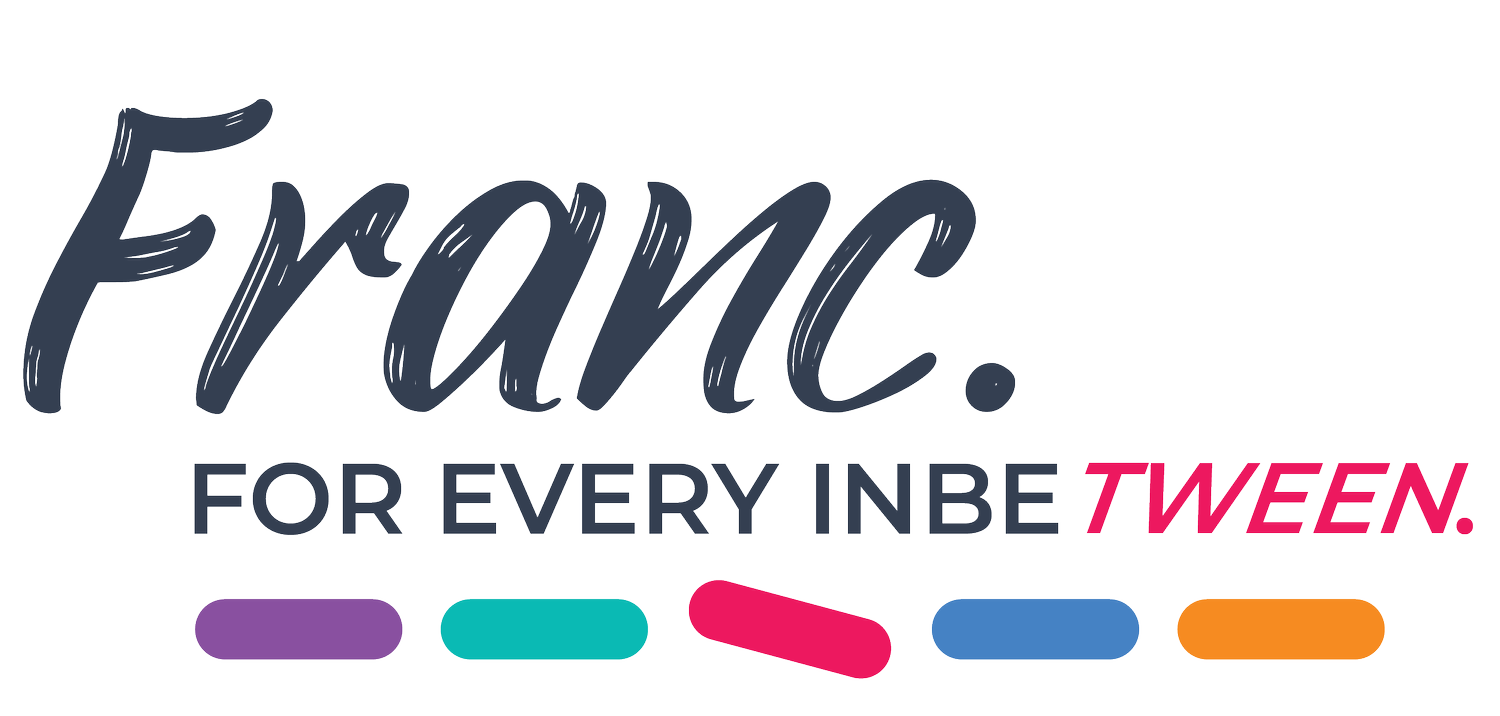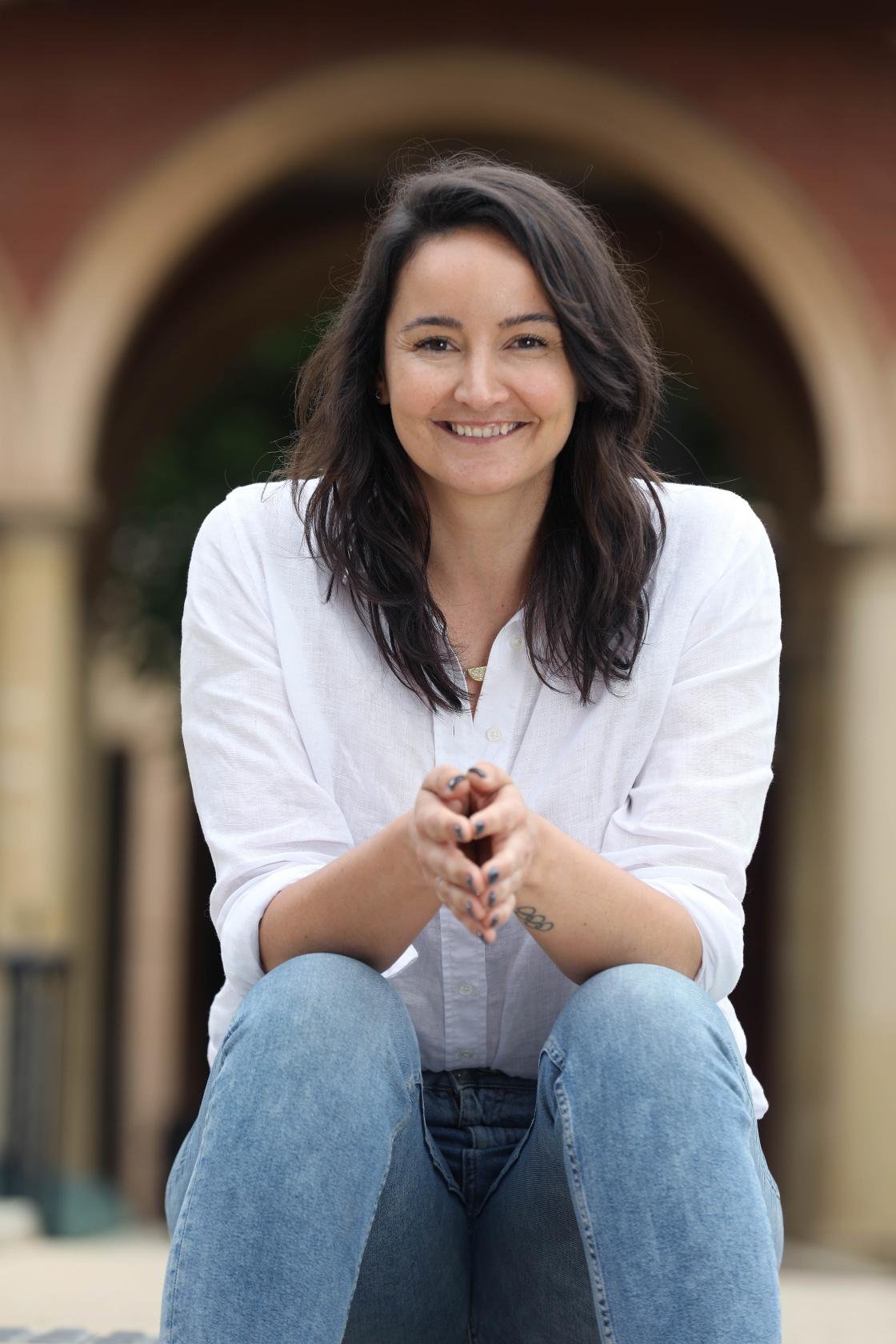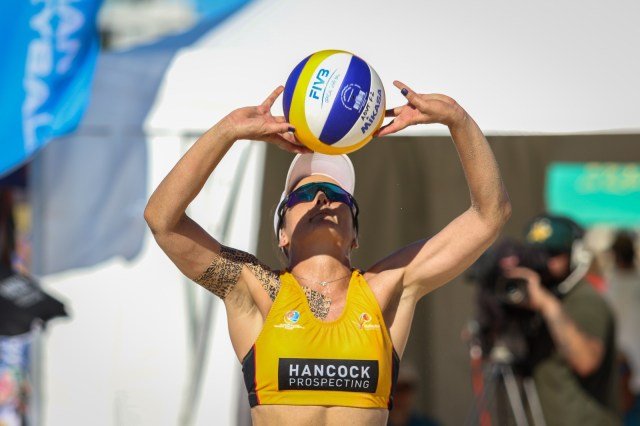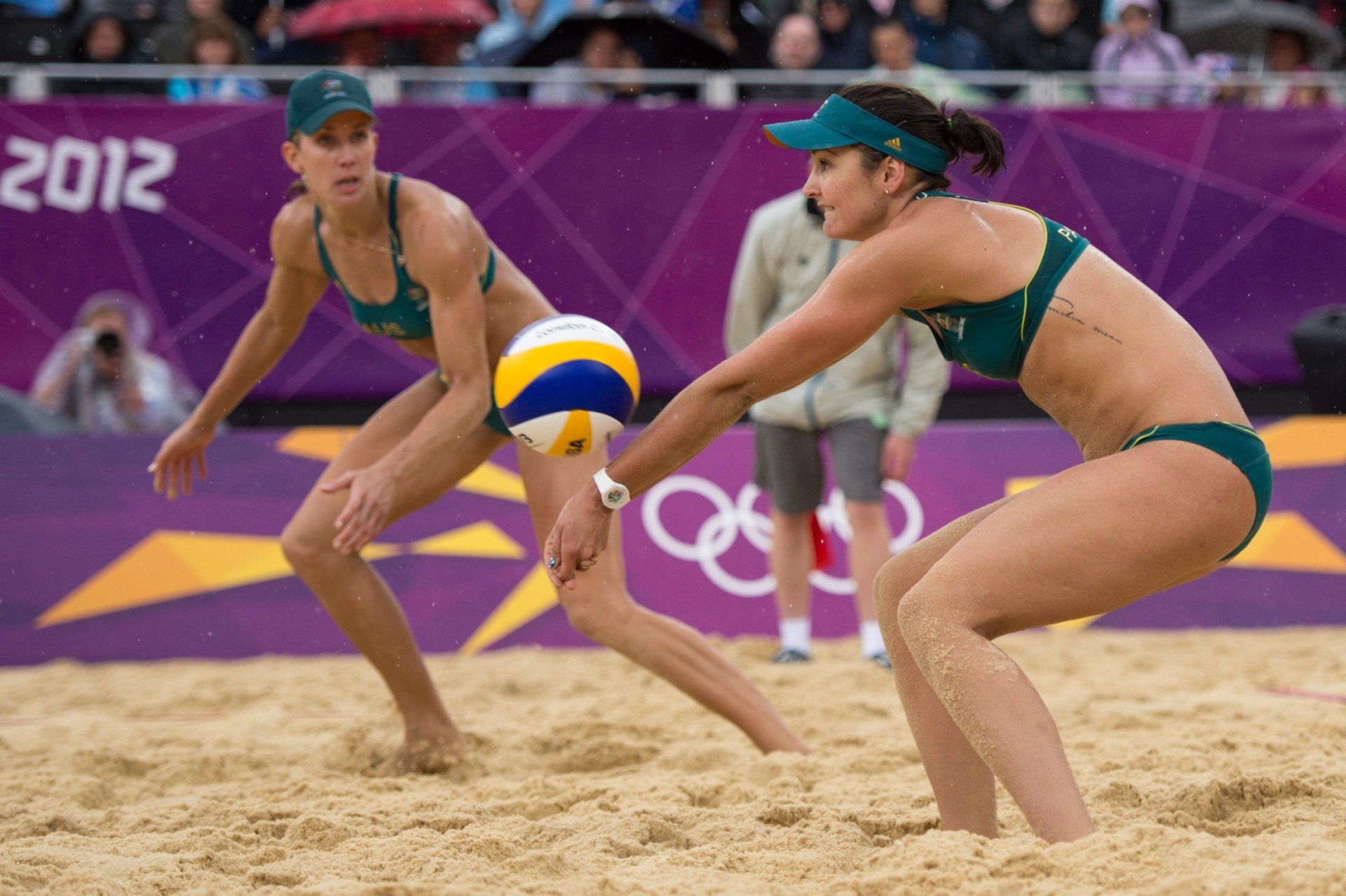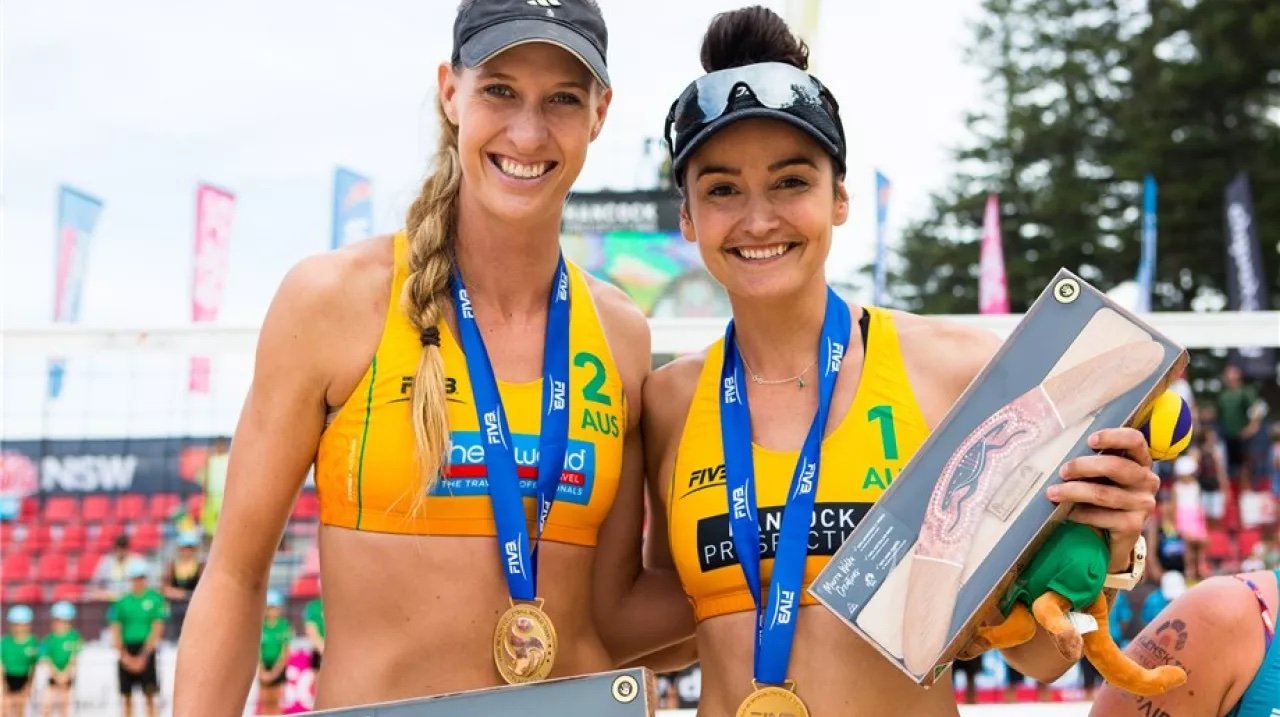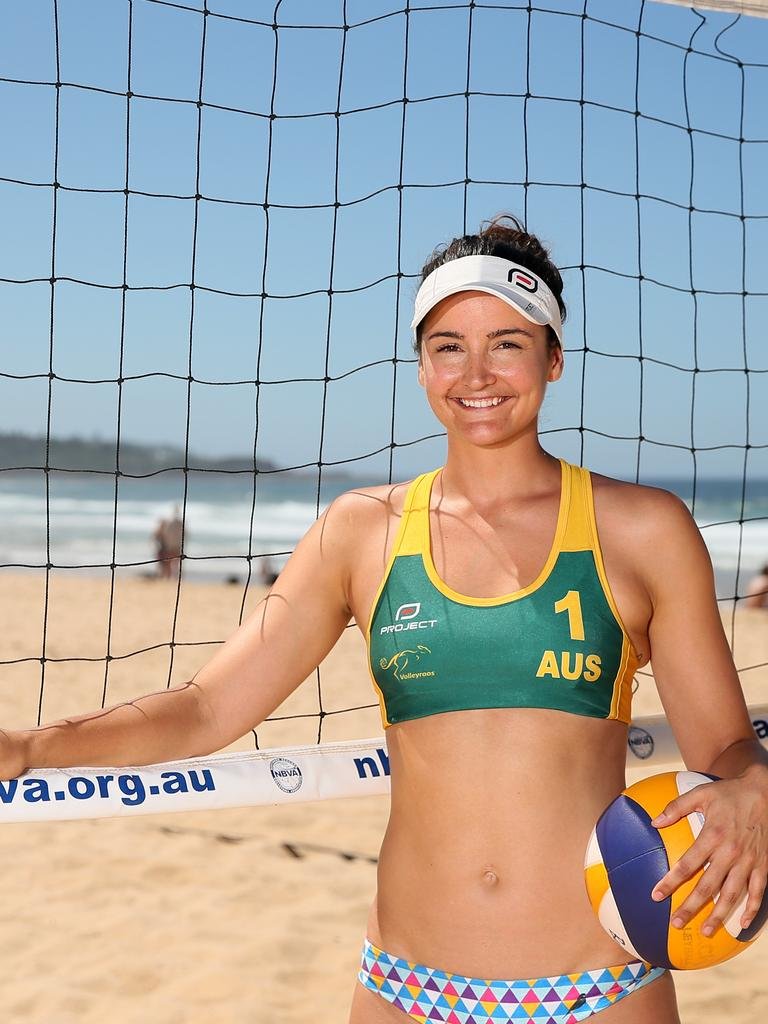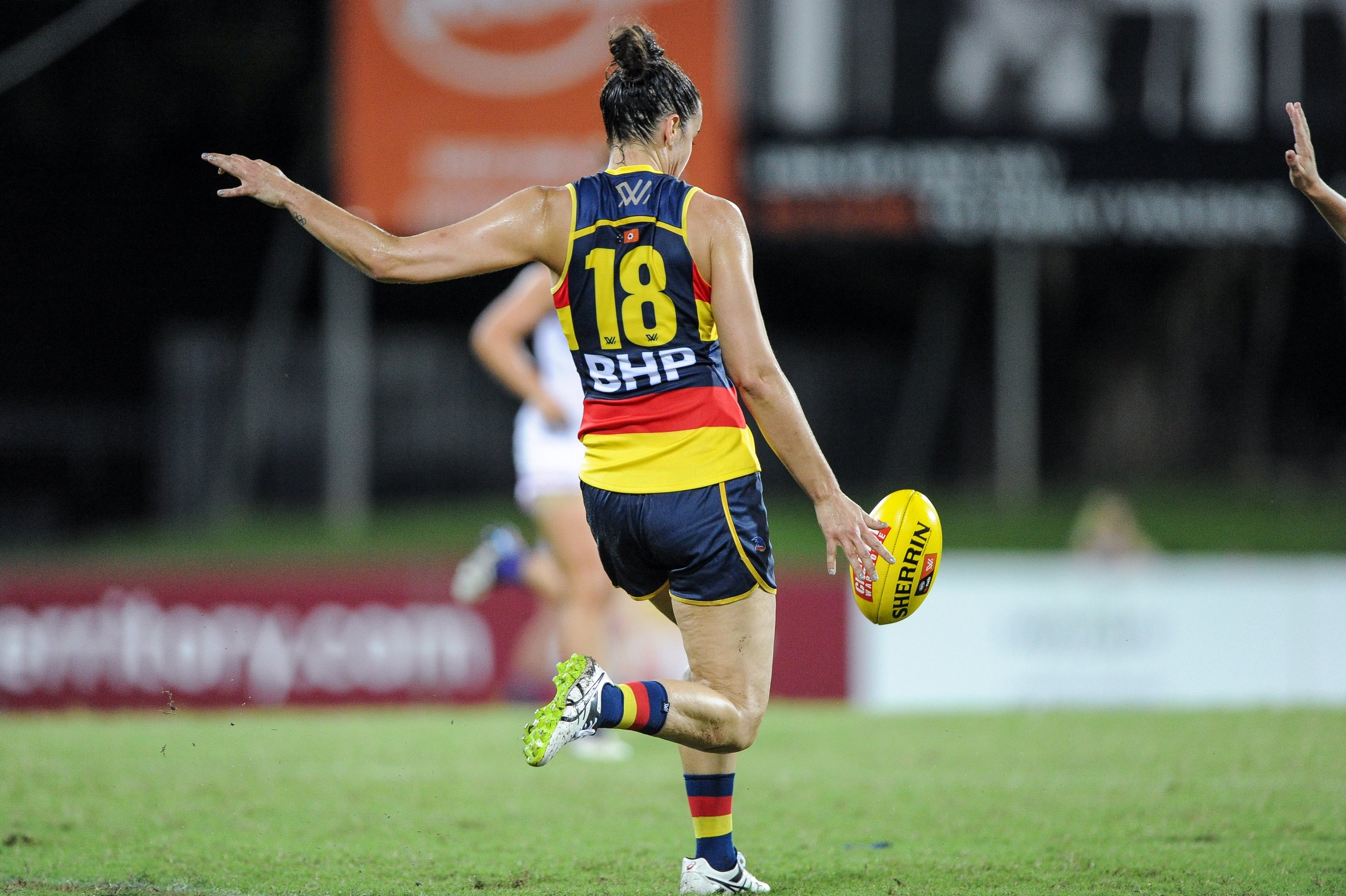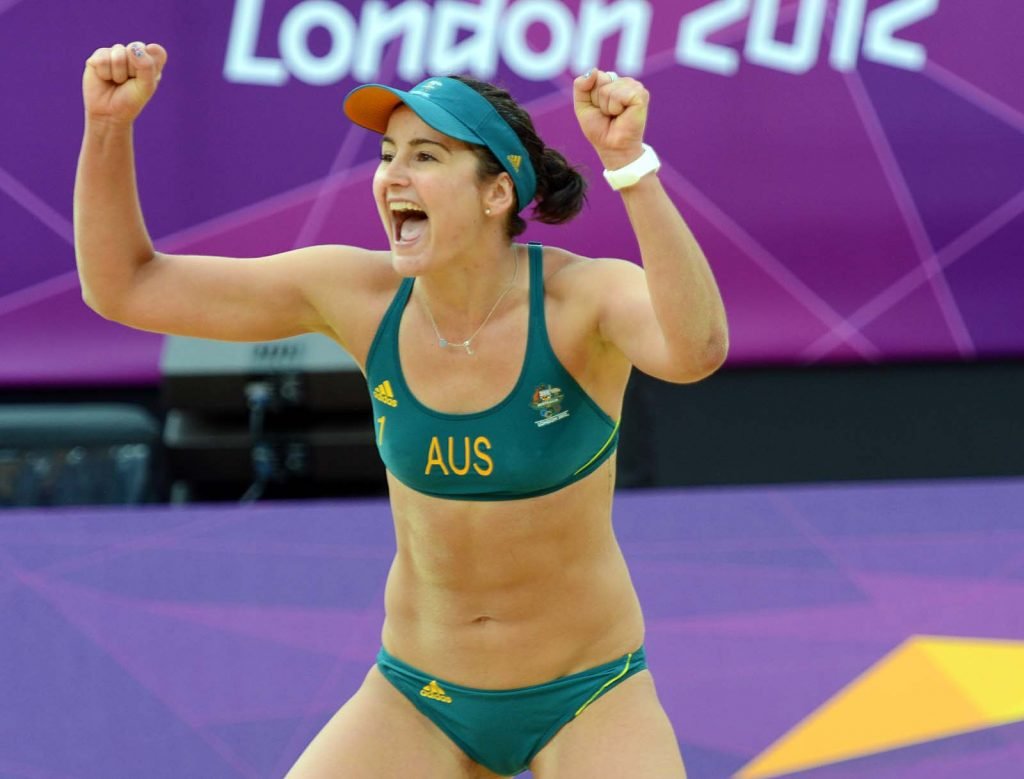Olympian & Entrepreneur: Becchara Palmer
Becchara Palmer. Becchara is an Australian former professional beach volleyball player who represented Australia at the 2012 Summer Olympics in the beach volleyball women's tournament (with partner Sally Bawden). She was born in Adelaide in 1988 and began playing beach volleyball at the age of 15 before quickly rising through the ranks of the sport. She won the Australian junior championship in 2006 and 2007, and the world junior championship in 2007.
Palmer made her senior international debut in 2008. She has competed in a number of World Tour events, and reached a career-high ranking of 17th in the world in 2012. In addition to her Olympic appearance, Palmer has also represented Australia at the 2010 Commonwealth Games and the 2011 World Championships. She retired from professional beach volleyball in 2013.
Throughout her playing career, Becchara forged a career in digital marketing with a passion for using creativity and data insights to deliver meaningful and impactful strategy. Having recently retired from professional beach volleyball after 18 years, Becchara now runs her own digital consulting business, consolidating her experiences in Brand and Marketing Management through various industries, including health insurance, tech start-ups, tertiary education, and tourism.
What inspired you to start playing beach volleyball?
It was a bit of love at first sight actually. I was talent scouted by the South Australian Sports Institute and went out to one of their trial days. I was playing tennis and basketball at the time, and I think those skills translated well. I had a natural knack for it and really liked the opportunities that came quite quickly. After a week I had quit my other two sports and I was a volleyballer!!
What was your experience like competing in the 2012 London Olympic Games as a member of the Australian Olympic Beach Volleyball Team?
Being part of the Olympic team was incredible! My parents came over to watch me compete and that in itself made it so special. The 18 months before the tournament, throughout qualification, were some of the toughest times in my life. I didn’t feel confident in myself and in my body, and my anxiety was through the roof the whole time. Looking back I think I was in fight or flight for 18 months, most of which I don’t actually have clear memory of. I’m sad that I wasn’t able to be my full self for that tournament, or the leadup - but I am grateful for the experience and the friendships that were built along the way.
At the time of the Games, you were a 24-year-old, making you one of the youngest of Australia’s female beach volleyball players. Did you ever feel restricted by your age?
No, not really. I was always the youngest in the squad or team, and was often playing up in higher divisions. If anything, it gave me the freedom to make mistakes and learn by messing it up. I never felt like there was as much pressure on me at all in the early days.
What are the biggest challenges you've faced in your Olympic career?
Ohh there have been many! From confidence in my body (how it looks and how it performs) to not making enough money and being reliant on other people, to the stress and strain it put on my relationships (being away for 3 months at a time will do that!!) Some of these things still pop up from time to time now, even though my career is over - I am grateful for each and every one of these challenges because they gave me the opportunity to evolve and grow (whether I chose to take the opportunity, or not!)
What advice would you give to young athletes who aspire to compete at a professional level?
Only pursue it if you truly love it. It is this love that will get you through the tough times, be it an injury rehab, poor performances, or team or coach stresses, any challenges really - they will all come at some stage and if you love the game, and love what you do deep down, you’ll always find the energy to push on. Without that internal fire burning, it can be a really challenging career option!
What were your favourite and least favourite aspects of being a professional athlete?
I loved travelling and seeing the world - I was so lucky to be able to do that for almost 20 years! I also loved being outside in nature and on the beach as my job (I really miss that now that I am more often in an office!). My least favourite was the balance between training full-time and needing to work/earn money. It was tough to make a sustainable and enduring living from my career, so while it was helpful after my sporting career was over (I was able to find work easily with 10 years of experience on my resume) I always wished I could be more self-sufficient off my volleyball income.
You previously worked to create a program to better support girls in AFLW. What prompted you to work as a mentor and coach in this area?
I felt like it was a great way to use my experience as an Elite Athlete in a space that was just emerging into the semi-professional space. It was in the first couple of seasons of AFLW, and the whole league was going through a learning phase in terms of what it meant to be elite. I found it was actually quite reciprocal in that they helped me learn the tactics and nuances of the game, while I was able to lead in some of the off-field areas.
What did you study and how has your education helped you in your career?
When I left school I got into a Bachelor of Marketing, which I was really happy about. I was also working at a local Gloria Jeans and had the opportunity to start training in a senior squad at the South Australian Sports Institute. It became very clear to me that I couldn’t do all three well, so had to choose to let one go. I chose to let go of my study, assuming it would be there whenever I decided to come back to it. I then got an internship in an Advertising agency after the London Olympics, and my career went from there. I’ve not been back to Uni since, however, have taken on short courses through AICD and Stanford University which have been really enjoyable.
Tell us a little more about your volunteer roles and why these are important to you.
I am currently a Director on the Board of Volleyball South Australia, this is a volunteer position. It’s important to me that I am able to contribute back to my community, and the timing worked out well for me to be appointed to the board. Volleyball has given me so much in my life, and this feels like a small way I can try to repay that debt.
You officially retired as a professional athlete in 2021, what does life look like for you now?
Life is pretty wonderful. I am working full time in my own digital marketing business. I work from home on the Fleurieu Peninsula and I love the clients I work with. I am recently engaged, and the possibilities for the future both professionally and personally are really exciting. I am lucky to have retired on my own terms, I think this has helped a lot in my transition into the “real word”.
What is your biggest dream for the future?
Workwise is to carry on with my own business, working on projects and businesses I am really passionate about and continuing to have an impact. Personally, I want to bridge the gap between work and life - somehow melding the two in a way that is sustainable and rewarding. I also want to create community spaces for people to use and share and connect with one another in. Maybe that’s the next chapter…
Franc’s Fast Five
Sports fact? I was one-half of the first Australian Junior team (male or female) to ever win a Junior World Championship back in 2006. There have been a pile of medals since!
Best thing about (your hometown) Adelaide? The Fleurieu - the beaches, the wineries, the vibes - you can’t beat it!
Go to snack? Cut up Granny Smith Apple, Cheddar cheese and a crack of pepper.
Favourite movie? Not really a movie person, but my favourite growing up was Willy Wonka.
Cause you are most passionate about? Greyhound adoption and improving or dissolving the greyhound racing industry.
